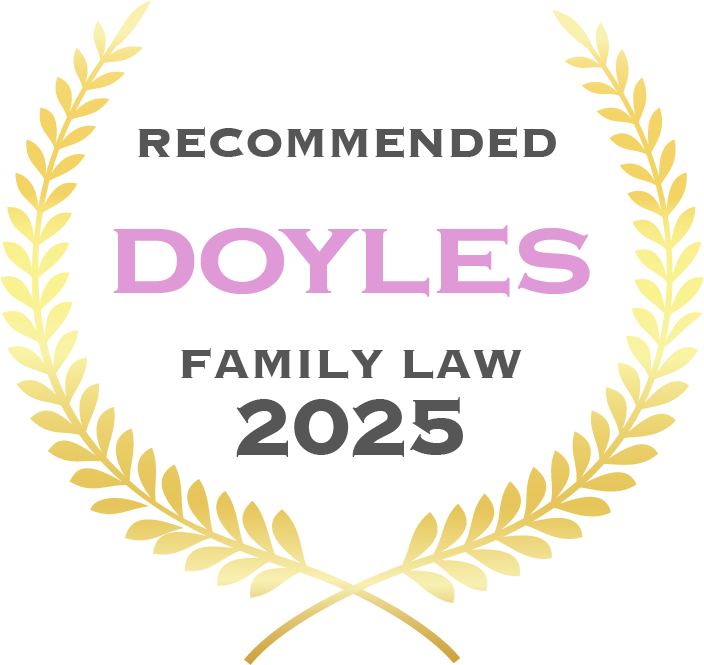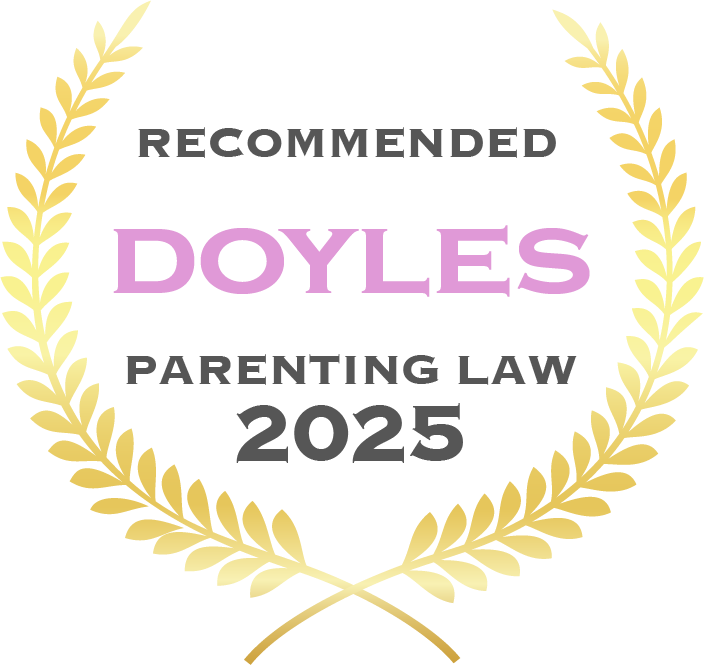
Helping You Create Peace Of Mind
What is an Advance Care Directive (ACD)?
An Advance Care Directive is a legal document that operates during your lifetime and allows you to write down your wishes, preferences and instructions for your future health care, medical treatment, end of life care, living arrangements and personal matters. It also allows you to appoint one or more Substitute Decision-Makers to make these decisions on your behalf if you are unable to make them for yourself.
It will give you peace of mind to know that your wishes are made clear to those caring for you when you are unable to make decisions for yourself.
If you don’t have an Advance Care Directive, your loved ones may have to make important decisions about your life and health care with little idea of your wishes.
Take Control of Your Future - Protect Your Wishes Today
Making an Advance Care Directive isn’t just about preparing for the unexpected – it’s about making sure your voice is heard when it matters most. Whether due to illness, injury, or age-related decline, there may come a time when you’re unable to make decisions about your own health care, accommodation, or personal matters.
An Advance Care Directive allows you to set out your wishes and appoint someone you trust to speak on your behalf. Without one, decisions about your life may be made by someone who doesn’t know your values or what you would have wanted.
Don’t leave these important choices to chance. Speak with one of expert Wills and Estates lawyers who understands the law and can guide you through the process clearly and confidently.
Contact Stanley & Co Lawyers today on 08 7001 6135 to arrange your complimentary 30-minute consultation. It’s free, it’s confidential, and it could make all the difference for your peace of mind and your loved ones' future.
Helpful Questions & Answers
Heading 1
Heading 2
Heading 3
Heading 4
Heading 5
Heading 6
Lorem ipsum dolor sit amet, consectetur adipiscing elit, sed do eiusmod tempor incididunt ut labore et dolore magna aliqua. Ut enim ad minim veniam, quis nostrud exercitation ullamco laboris nisi ut aliquip ex ea commodo consequat. Duis aute irure dolor in reprehenderit in voluptate velit esse cillum dolore eu fugiat nulla pariatur.
Block quote
Ordered list
- Item 1
- Item 2
- Item 3
Unordered list
- Item A
- Item B
- Item C
Bold text
Emphasis
Superscript
Subscript
What Is Included In An Advanced Care Directive?
An Advance Care Directive will usually address thefollowing: –
- What is important to you (for example, having a good quality of life, continuing relationships with family and friends, continuing to be able to see your pets, remaining independent, and religious beliefs etc.)
- Health care you prefer to receive (for example, your wishes for healthcare which prolongs life, whether you have allergies or adverse reactions to medication or whether you wish to receive specific health care such as attendance upon a particular specialist etc.)
- Your dying wishes (for example, where you would prefer to die, who you would want to be there, religious or cultural traditions, organ donation, your burial or cremation preferences etc.)
- Where you wish to live (for example, whether you wish to remain at home or go into supported care etc.)
- Other personal arrangements (for example, cultural or spiritual matters, employment, care of children, activities you enjoy, grooming requirements etc.)
- Whether there are other people you want involved in discussions about your care, whether that is a health care professional.
Can I Refuse a Particular Healthcare?
An Advance Care Directive can include a binding refusal of healthcare. A binding refusal of health care is where you state that you do not want to receive certain health care if you are in a particular circumstance. For example, in the situation where you are in a coma or a persistent vegetative state, you may wish to refuse to receive life sustaining treatment.
If you choose to include a refusal of particular healthcare, then your treating medical practitioners and your Substitute Decision-Makers are obligated to follow that refusal.
You should specify the situations in which you wish for are fusal of healthcare to apply in the Advance Care Directive form.
You are unable to refuse compulsory mental health treatment.
What is a Substitute Decision Maker?
A Substitute Decision-Maker has the authority to make decisions about your future health care, medical treatment, end of life, living arrangements and personal matters if you are unable to make these decisions for yourself. You are not required to appoint a Substitute-Decision Maker, however,it is recommended.
This person(s) must make decisions they believe you would have made for yourself in the same circumstances.
Your Substitute Decision-Maker cannot make legal or financial decisions on your behalf (this can be done by appointing an Enduring Power of Attorney).
Who Can Make An Advanced Care Directive?
In South Australia any person who is over the age of 18 years and has capacity to understand what an Advance Care Directive is, its purpose and when it will be used, can make an Advance Care Directive.
When Does an Advanced Care Directive Come Into Effect?
An Advance Care Directive comes in to effect when you lose decision-making capacity. This is determined by a medical professional.
When Does an Advanced Care Directive Come to an End?
An Advance Care Directive comes to an end in one of the following circumstances:
- You revoke it formally by subsequently completing and signing another Advance Care Directive (only if you are still of sound mind);
- You specify a date on the Advance Care Directive that you want the document to expire on; or
- When you pass away.
27
Combined Years Of Experience
Awards & Affiliations







.png)




.png)


.png)


.png)



